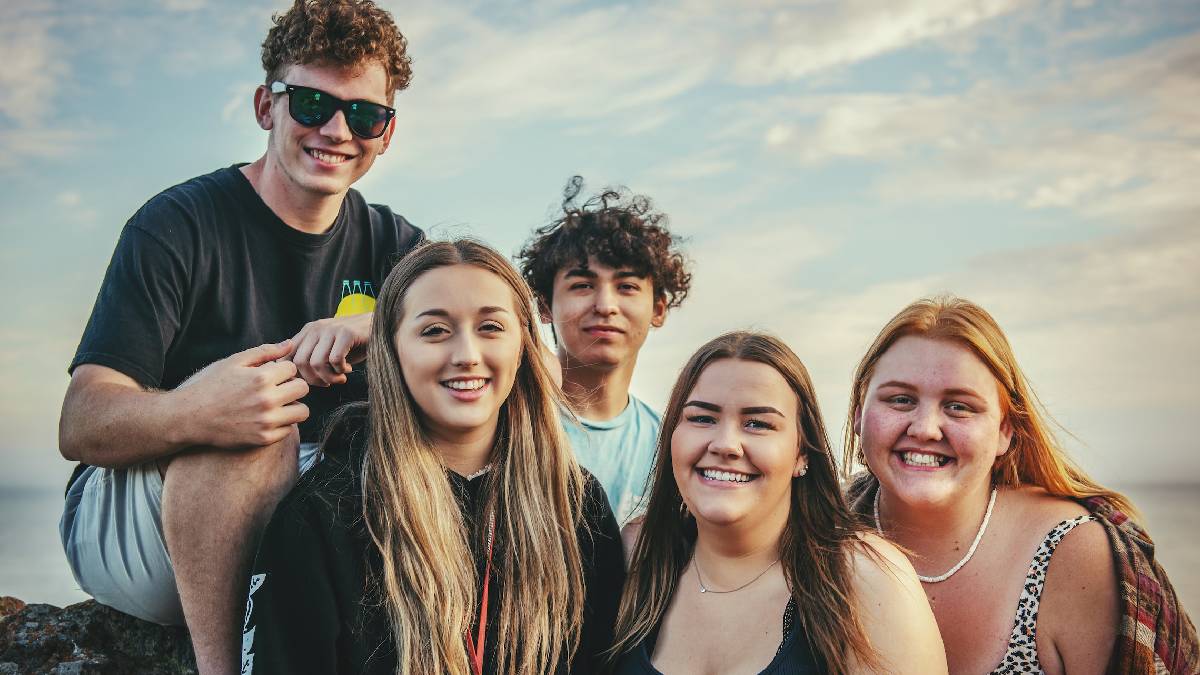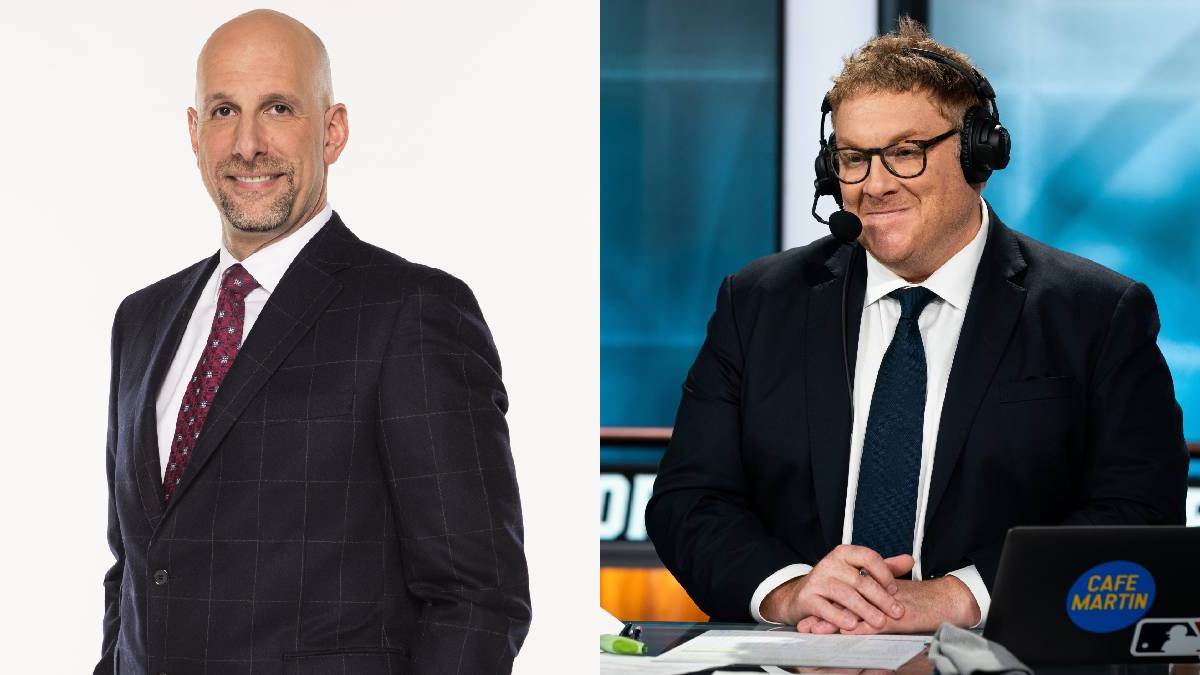I’ve been writing this column once a week for nearly six months now. While focusing on research somewhat narrows my subject options, sometimes I’ll branch out into the broader radio space when inspiration strikes me.
That said, it’s not easy to come up with interesting content which is why I have such great respect for my friend, Fred Jacobs. He’s been writing a daily blog for 18 years! His blog of October 16th (“In My Room”) was one of his best of all time (and I’ve been reading his blog almost since the beginning!) and I want to add my own thoughts.
Regardless of format, Fred posed the question of how the industry entices today’s teens, or for the more demographically-inclined, Gen Z, to listen to radio. He came at it from what this senior citizen thought was a unique angle, which is the “radio stations” that are part of the game Grand Theft Auto, a video game with its strongest appeal in the 14-25 age group.
Fred notes that one of the most popular “radio stations” in the game is Los Santos Rock Radio, which apparently runs a format similar to classic rock. As the inventor of the classic rock format, Fred always looks for signs that the music has legs and he can usually find legitimate support.
We see it in advertising, most recently in the TV spot for the new Acura ZDX. The music to go with it? Jimi Hendrix’s Voodoo Child (Slight Return). The song was released 55 years ago, in other words, even Hendrix’s guitar licks aren’t 25-54 anymore! And if a planetarium near you is running the Pink Floyd “Dark Side of the Moon” show, go see it. The Hardin Planetarium at Western Kentucky University here in Bowling Green has it and it’s fun. And yes, the album was released fifty years ago.
If I read Fred’s thoughts correctly, he was lamenting that no one is taking a chance on trying to reach Gen Z via radio. He sees the spiral. Nighttime listening declines, so stations go voice-tracked, syndicated, or jockless at night. Listening levels drop further and even if a kid discovers radio, it can’t beat TikTok, YouTube, videogames, or whatever other myriad of options are out there.
When I worked at Arbitron/Nielsen, I wondered why no owner, especially one of the large groups, had taken a weak station in a cluster and channel Monty Python (also more than 50 years old), think “And now for something completely different”. Yes, you can be the third AC or country station, you can try classic hip hop or who knows what, but why not throw some good programming minds together and aim for Gen Z?
In 2016, I started at Cumulus and asked the same question, this time with a company that, like the other Big Three, had a few class A FMs that weren’t doing much. No, I didn’t get anywhere with it. At one of our weekly programming meetings, Mike McVay asked everyone to invent something new. I suggested a podcast-only format, loosely based on the old NBC Radio Monitor format from the ‘50s and ‘60s. Now we’ve seen a few stations try it, but that’s not exactly a Gen Z appeal.
Here’s the question to the industry: There are plenty of AM stations with FM translators as well as Class A FMs that have lousy or nonexistent ratings. Why doesn’t an owner bring together a group of top programmers and ask them to design a format for Gen Z?
True, like any other demographic group, Gen Z is not monolithic, but how would you appeal to a reasonably sized chunk of the demo? How would you create buzz? What kind of content would you program? What do you do about revenue because ten spot stop sets don’t cut it. They won’t listen on traditional radios, so the content must be available everywhere online.
Let me just dream for a moment. The industry comes together under the aegis of one organization or another (NAB, RAB, an ad hoc group put together for this specific purpose), a few owners “donate” a couple of test stations and some money, one or more researchers donate time and effort, and programmers work out some sort of format and sign the talent, probably new and likely untested. Spot loads are kept low or are different (perhaps all live reads?) and even Nielsen donates the ratings data (now you know that I’m dreaming!).
Could it happen? DraftKings or FanDuel would put long odds on it, but you never know.
Let’s meet again next week.











You mentioned NBC’s Monitor. I was in single digits when it went off the air but still remember listening to it when my Dad had it on while doing projects around the house and yard. It seems like there’s a place for a current-day version of that on network radio.
Ed, thank you for the kind comment. This is one of those that seems so obvious us, and yet it doesn’t happen. I’m not sure why.
At this point with so many poorly performing FM stations I’m not sure what some broadcasters have to lose. Yes, you could fail. But you could also change the world.
Good observations, Ed.